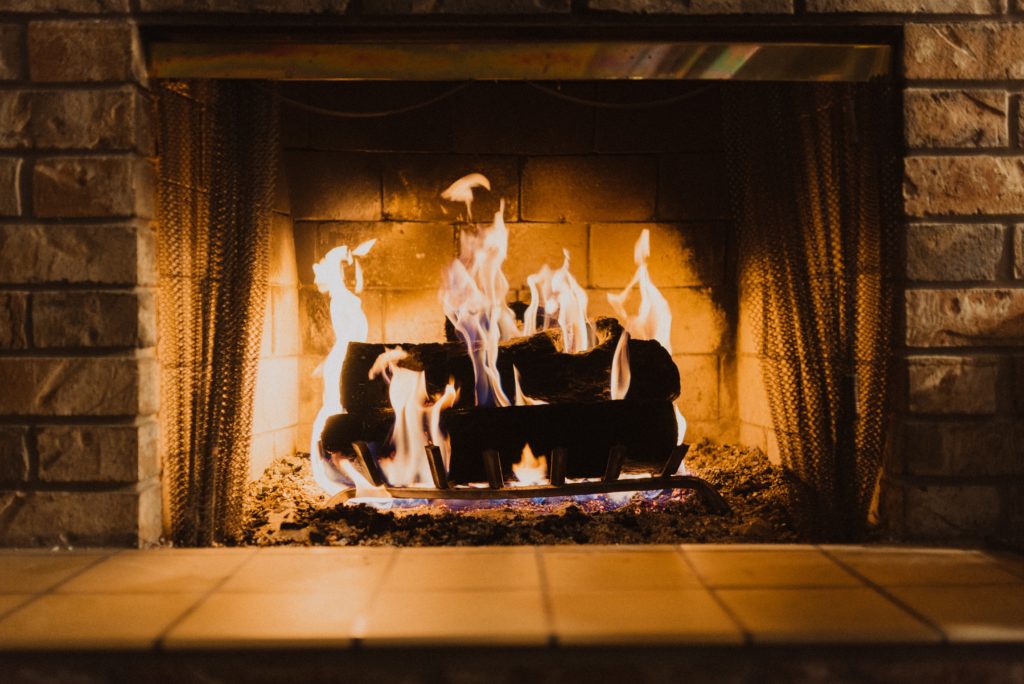Last month, we looked at the pros and cons of various heating systems. Today, we’re going to look at the pros and cons of the fuel that runs those systems and heats your house!
Oil
Heating oil is still the most commonly used heat source in Nova Scotia with the latest information estimating just over 50% of households using oil to heat their homes. While oil prices have gone up over the years, oil heat continues to be a frequently used heating fuel because of its efficiency.
Pros
- Oil heating systems can reach up to 90% efficiency.
- Oil heating systems are often cheaper to purchase.
- Oil works well in boiler systems which create a lot of heat that is more efficiently dispersed and are quieter than other systems.
- Oil heating systems often last longer than other systems, with a lifespan of over 25 years.
Cons
- Oil can be more expensive, especially during a cold snap when you use more fuel.
- Price of oil can vary and changes can make it harder to adhere to a strict budget.
Electricity
Electric heating is the second most common heating fuel in Nova Scotia with approximately 30% of households using an electric system. Electric heat can be a cheaper alternative to oil heating systems, particularly if you use a heat pump, but the efficiency doesn’t compare. However, if you’re interested in having air conditioning as well as heat some electric systems can offer you both.
Pros
- Cheaper depending on the system you use.
- Some systems can also offer air conditioning.
Cons
- Not as efficient. Electric heating systems don’t provide as much heat or disperse it as efficiently. So if you like a very warm house in the winter your costs may end up being more than anticipated despite the cheaper initial cost.
Gas
The use of gas heating systems is slowly increasing in Canada, though they are not a common system in Nova Scotia. If you are considering using gas you’ll find the cost quite attractive and the space needed to install a unit is very small, with some units compact enough to hang on a wall. But again the efficiency doesn’t compare with oil heating systems.
Pros
- Cheaper fuel cost.
- Doesn’t take up much space.
Cons
- Not very efficient, may take more fuel to get the same amount of heat as with an oil system.
- Not as safe. You’ll want to be careful of gas leaks. Make sure you have a carbon monoxide detector installed in your home.
